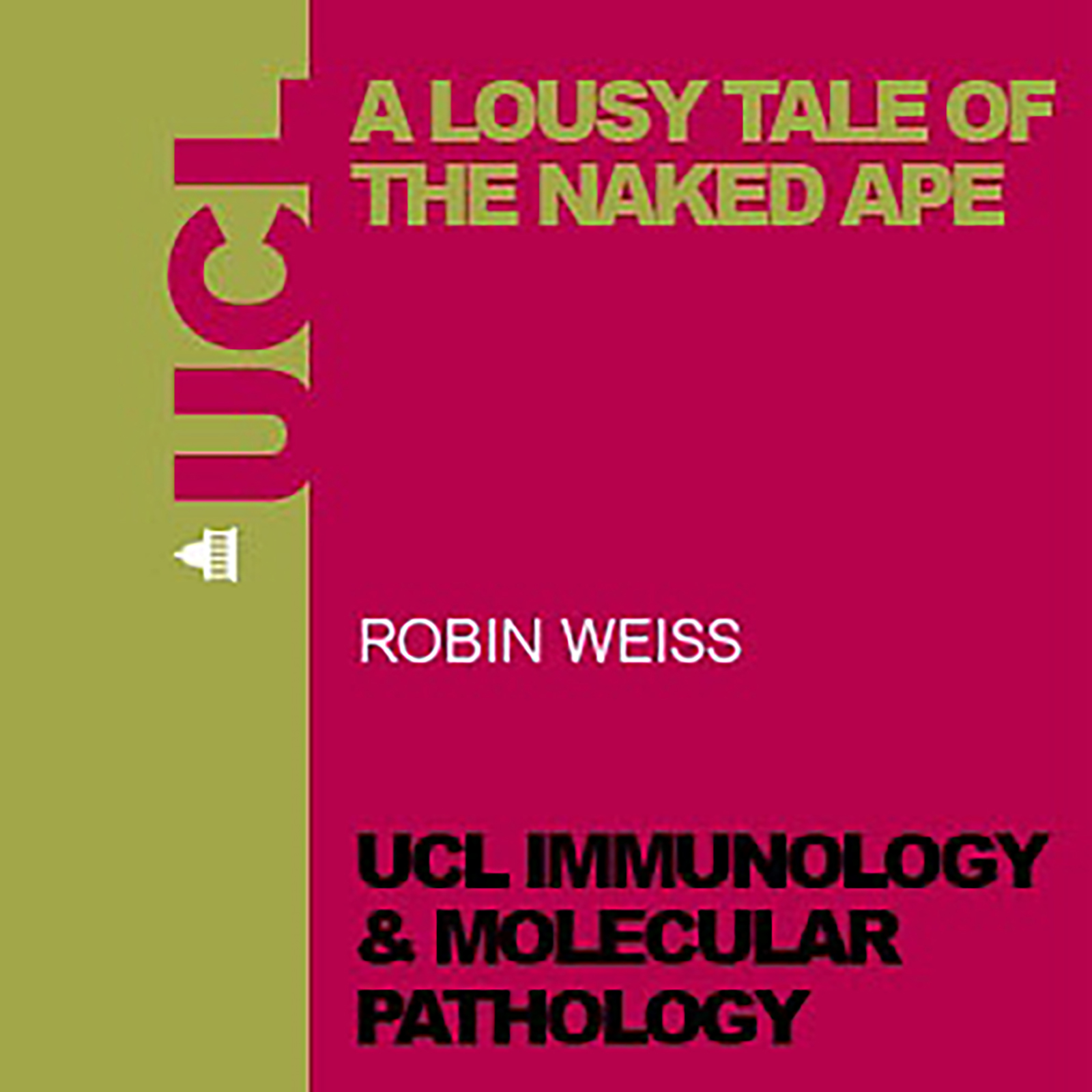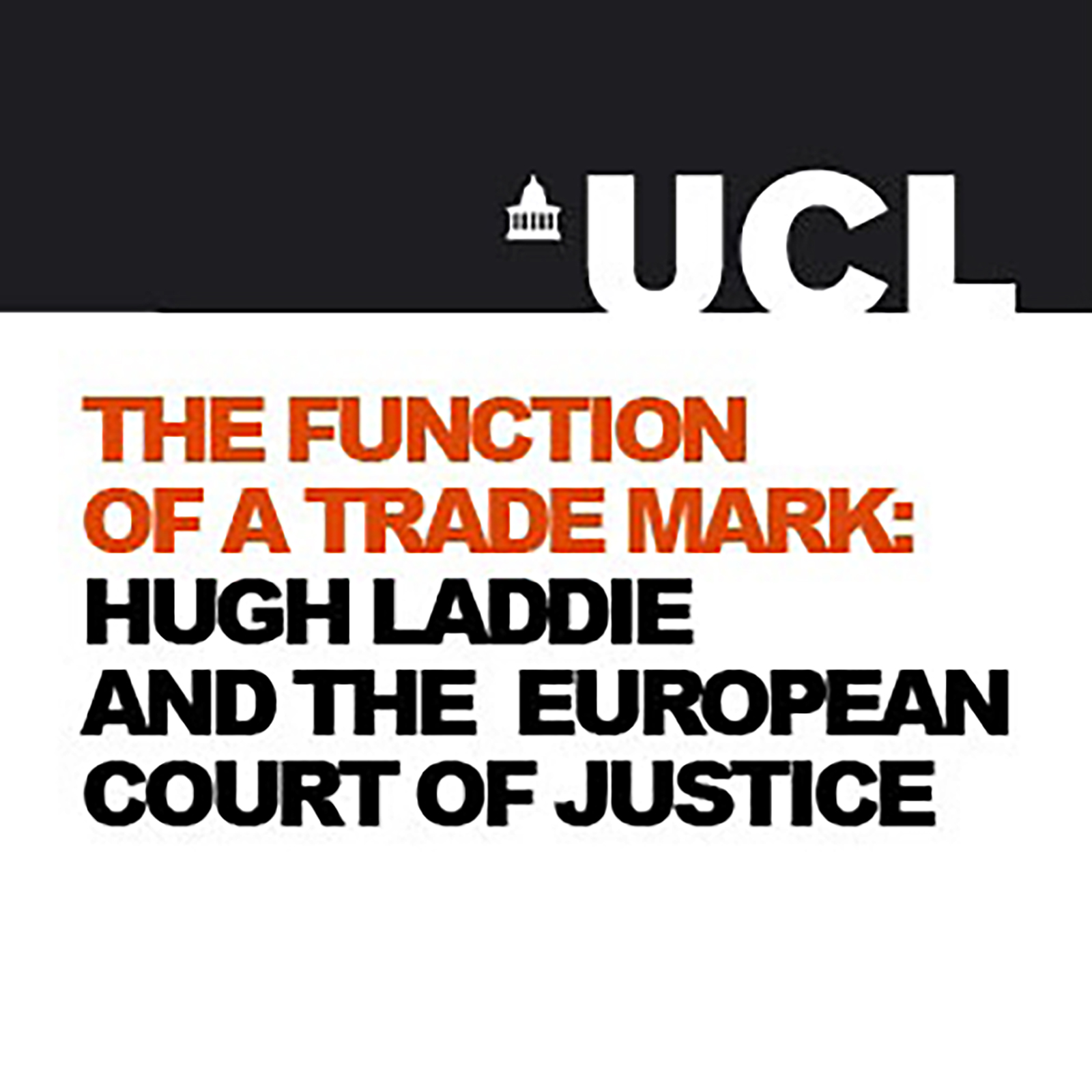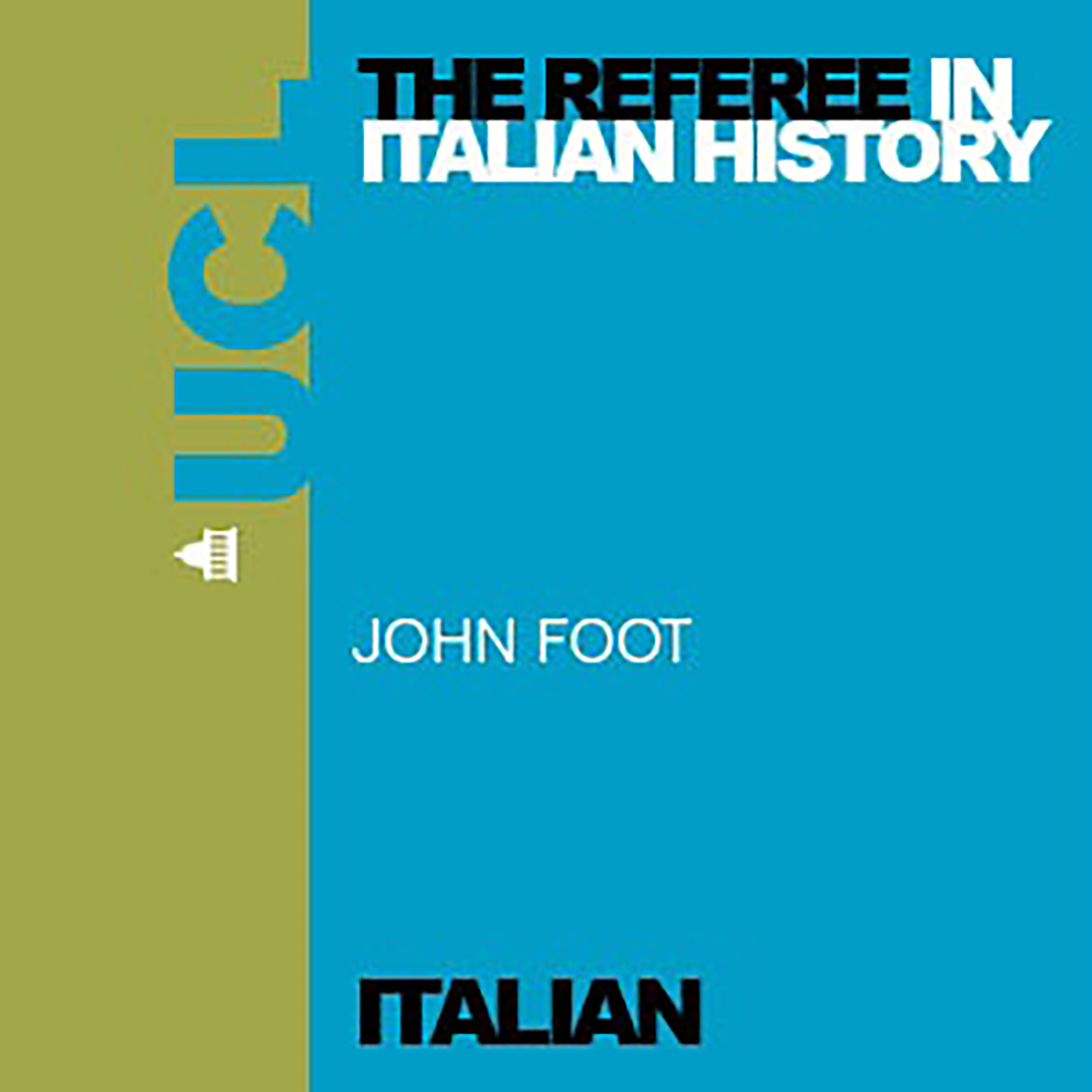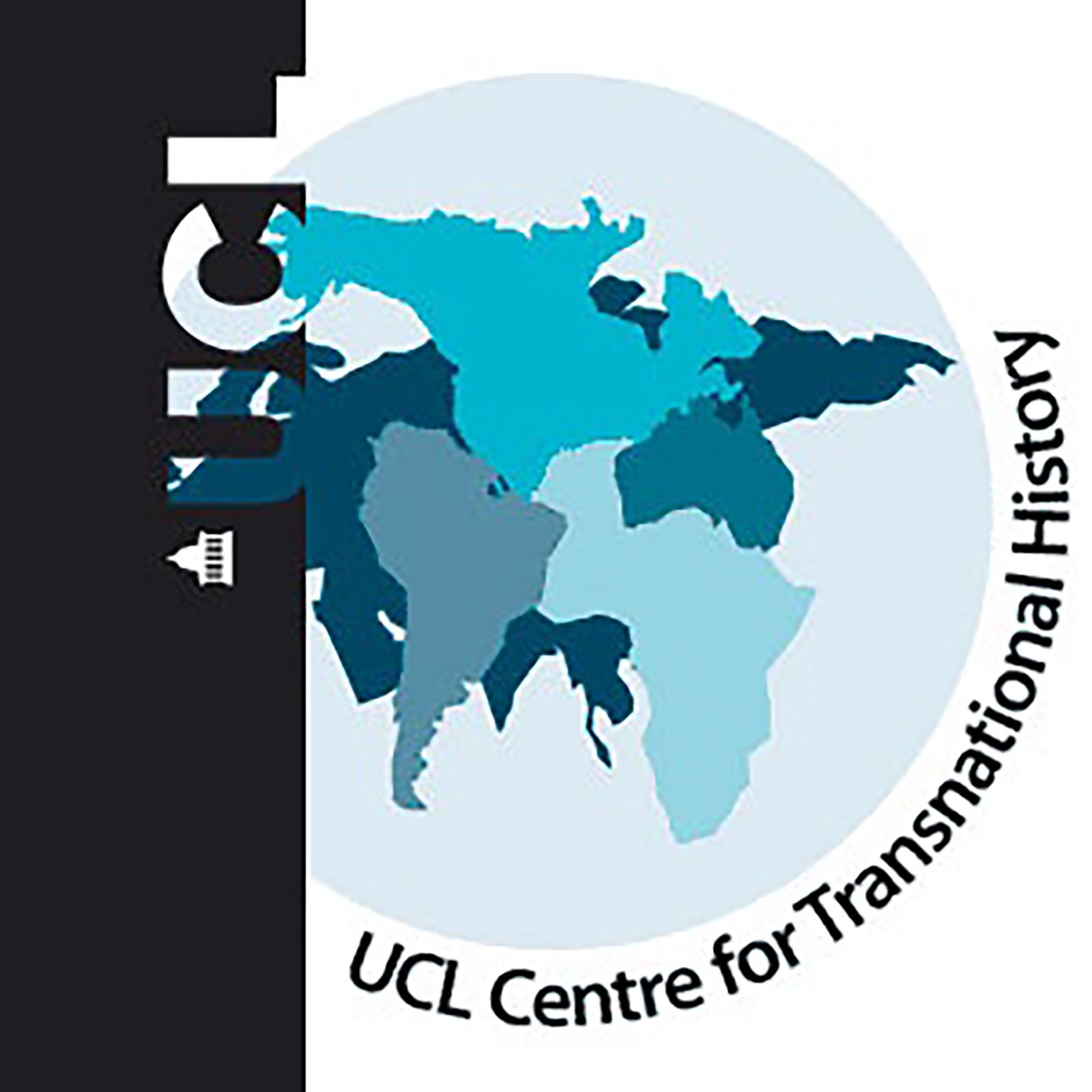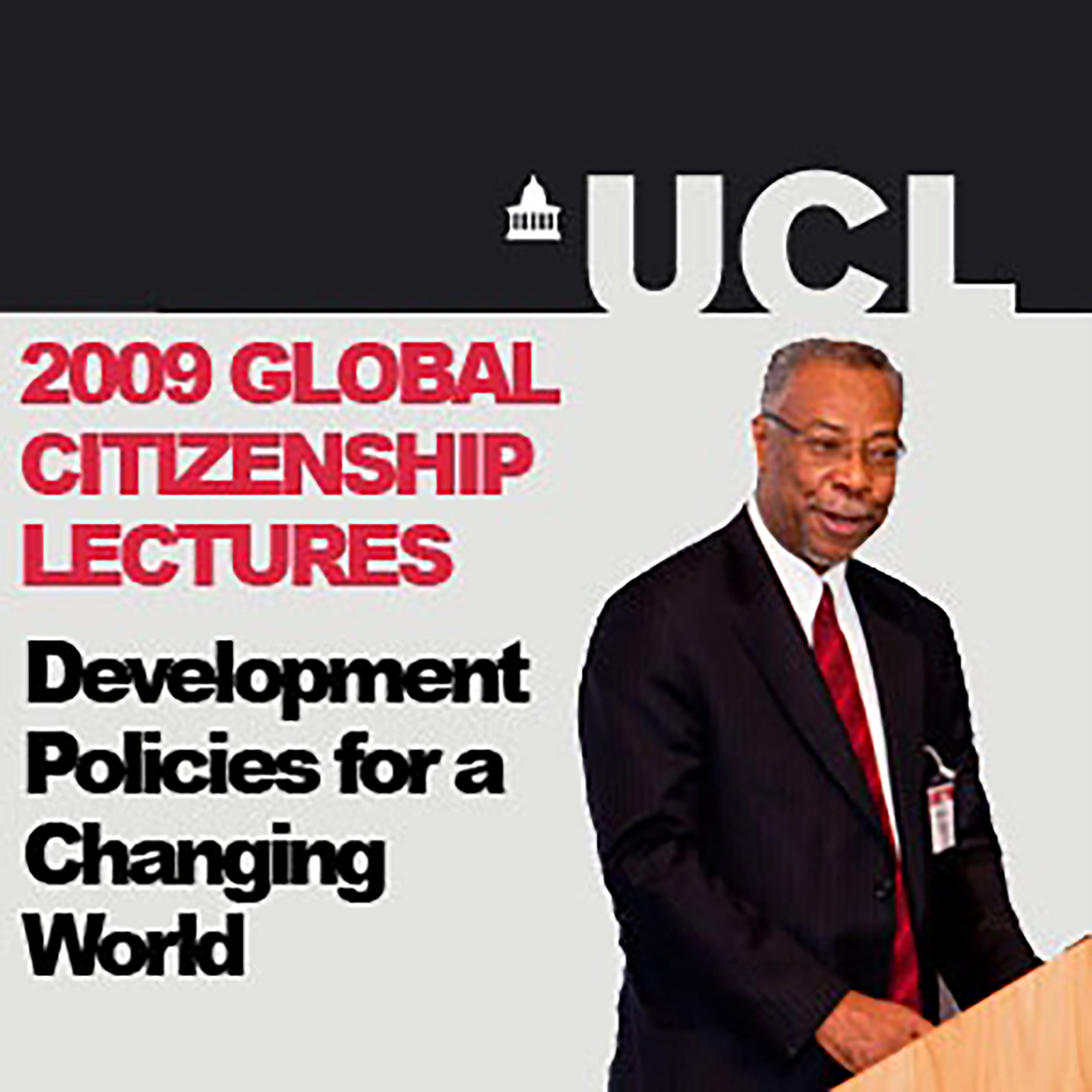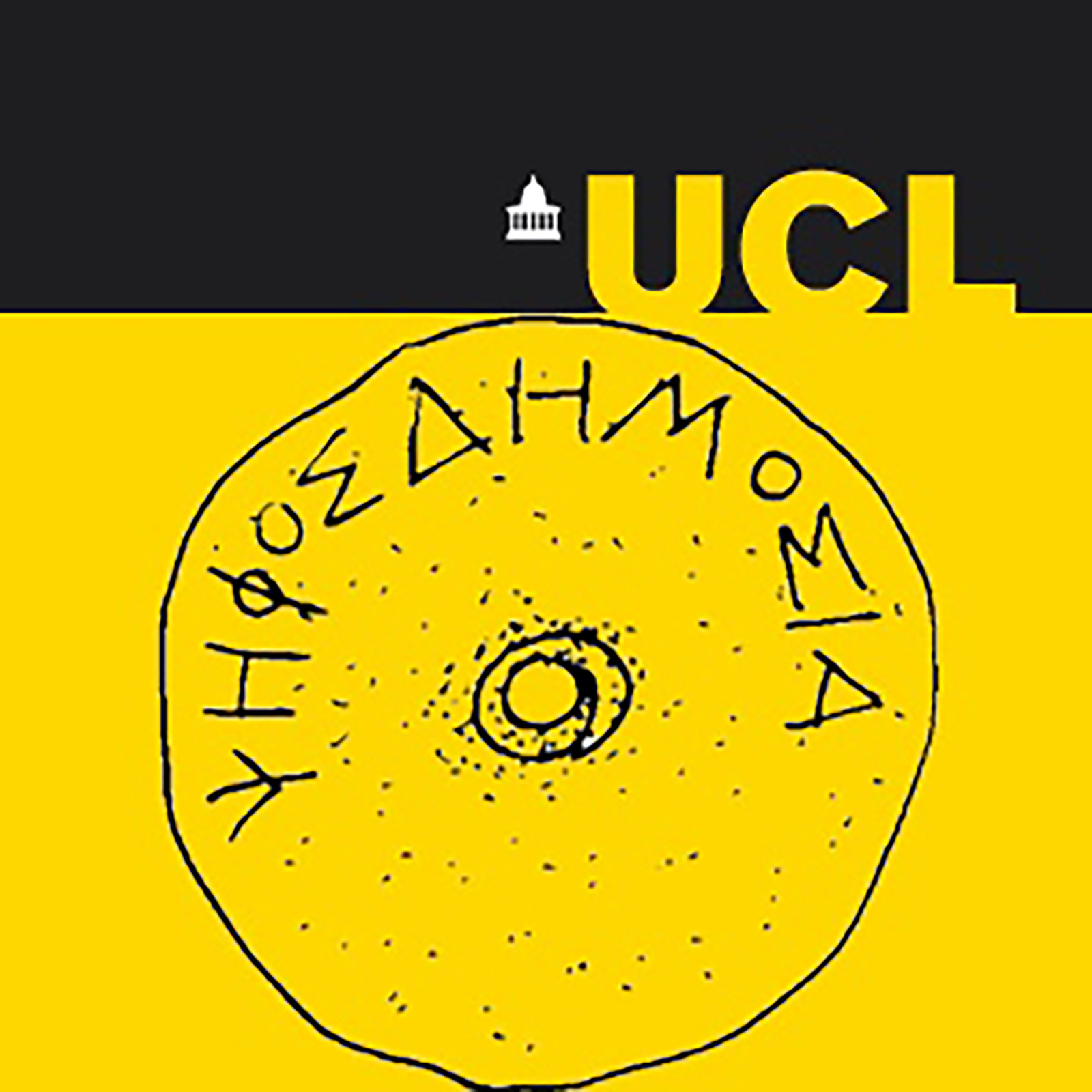UCL
Supported by a grant from the Wellcome Trust to Dr Tilli Tansey and Professor Leslie Iversen, the Wellcome Trust Centre for the History of Medicine at UCL presents a series of podcasts on the history of neuroscience featuring eminent people in the field:
Professor Sir Michael Rutter was born in...
There are many myths surrounding British Sign Language (BSL) – the third most widely used indigenous language in the UK. In this lecture, Professor Woll will try to dispel some of them by introducing BSL, explaining how it works and exploring the community it has created.
Although human DNA is 98 per cent similar to that of the chimpanzee, the infections we catch are 80 per cent different. Most are new acquisitions that we have picked up as humans spread across the world. In fact, pandemic infections like smallpox and influenza only date from the last 12,000 years...
A conference on Closing the Gap in a Generation: Health Equity through Action on the Social Determinants of Health 6-7 November 2008, London.
The Spring 2008 UCL Institute for Global Health Symposia series began on 12 February 2008.
The first symposium, ‘Global Health: What’s justice got to do with it?’, explored some of the questions of justice and morality underlying the global-health agenda.
A brief presentation by Professor...
In this lecture, Lord Hoffmann, who recently retired as a Lord of Appeal
in Ordinary (Law Lord), reflects on the contribution made to European
trade mark law by the late Sir Hugh Laddie. In surveying Sir Hugh's
leading cases, including Wagamama, Davidoff I, Arsenal and Boehringer
Ingelheim, Lord...
An exhibition at University College Hospital, London, on Darwin’s life and work. Our exhibition commemorates the 200th anniversary of Darwin’s birth and the 150th anniversary of the publication of On the Origin of Species.
On this page, you’ll find downloadable versions of the exhibition panels....
The UCL Global Health Symposium, ‘HIV/AIDS - With No Magic Bullet, Where to Next?’, was held on 15 April 2008. The panel and audience explored the future of HIV/AIDS research programmes and policy more than 20 years of after the emergence of the HIV epidemic.
Launch of the UCL Institute of Sport, Exercise & Health. Speakers include Fares Haddad, Peter Hamlyn, Dr Richard Budgett, Dr Stuart Miller and Sir Clive Woodward.
The Institute of Sport, Exercise and Health brings together the various bodies doing sports and exercise-related research at UCL,...
Archaeology and History are among many academic fields dedicated to the scrutiny, description and characterization of how cultures change; typically, practitioners show a lot of interest in why particular changes happen, but the problem of why they happen at all is rarely addressed except in the...
Rhona MacDonald, Senior Editor at 'The Lancet', presented 'Fatal Neglect:
Forgotten issues in child health' beginning by highlighting that there are
10 million child deaths every year and asked, "How is this acceptable?" Lack
of access to clean water and improved sanitation is responsible for a...
Dr Tadataka Yamada, President of the Bill & Melinda Gates Foundation’s Global Health Programme, delivered the 2007 UCL Prize Lecture in Clinical Science on ‘Perspectives of Global Health’ on 24 October 2007.
Dr Yamada leads the foundation’s efforts to help develop and deliver low-cost,...
Professor Alan North grew up in West Yorkshire and studied medicine at the University of Aberdeen before taking a PhD in pharmacology (1973). He moved to the US in 1975 as Associate Professor of Pharmacology at Loyola University Stritch School of Medicine, before becoming Professor of...
Developments in 2006/2007 at UCL, London's global university, with highlights of our research, teaching and outreach.
Larry Brilliant is the Vice-President, Google, Inc. and Chief Philanthropy Evangelist. As Chief Philanthropy Evangelist, Dr. Larry Brilliant is responsible for representing Google to foundations, nonprofits, universities, and government agencies advocating for the partnerships and initiatives...
Man Booker prize-winning novelist Ian McEwan discusses emotion and its
place in literature and the brain with Professor Ray Dolan (Wellcome
Trust Centre for Neuroimaging at UCL) at an event that took place at UCL on 30 April at UCL.
Ian McEwan's writing explores human nature and emotion at play...
In this lecture, Lord Hoffmann, who recently retired as a Lord of Appeal
in Ordinary (Law Lord), reflects on the contribution made to European
trade mark law by the late Sir Hugh Laddie. In surveying Sir Hugh's
leading cases, including Wagamama, Davidoff I, Arsenal and Boehringer
Ingelheim, Lord...
The 20th century has seen impressive gains in health and life expectancy in many parts of the world – but these improvements are unequally distributed. In every country, poor people and those from socially disadvantaged groups get sicker and die sooner than people in more privileged social...
UCL Lunch Hour Lectures are open and free to the public and take place on Tuesdays and Thursdays in the Darwin Lecture Theatre, UCL, Gower Street, London WC1E 6BT. They will resume in Autumn 2008. In the meantime, a number are available below.
The Commission on Social Determinants of Health was set up by the World Health Organisation to collate global evidence, raise societal debate and recommend policies, with the goal of improving health and reducing health inequalities between groups.
A major thrust of the commission is turning...
Young people have traditionally been seen as healthy and low users of health services. In the modern era, the pressures of economic development and social change have particularly had an impact on young people, increasing mortality and ill health at a time when younger child mortality has...
Nanotechnology has already changed our lives, and promises to have even more profound effects in the future. This lecture will review the successes of the recent past, and describe how work at the London Centre for Nanotechnology, a joint venture between Imperial College London and UCL, is laying...
This seminar examines some of the many issues that surround the interpretation of a patent's claims in Germany, the UK and US. Patents operate as a breakwater from competition, enabling control of the supply and use of a certain type of information; information that would otherwise be freely...
Over 320 people attended the UCL–China Research Festival, a showcase of the variety and volume of the university’s research collaborations with Chinese institutions held at UCL on 13 June 2008.
Academics, students, businesspeople and members of the public were treated to a total of nearly 30...
For the Italian football fan, the referee is always corrupt, unless proven otherwise. What remains to be discovered is how he is or has been corrupt, in favour of whom, and why. It is this thesis that dominates most discussions of Italian football. In Italy, there is the strong conviction that...
This podcast provides an account of the life of Jeremy Bentham, the great philosopher and reformer, and his connection to University College London. Professor Philip Schofield, Director of the Bentham Project, debunks some of the myths surrounding Bentham and his auto-icon, which sits in UCL's...
Captain Jerry Roberts, UCL German alumnus and Second-World-War codebreaker, spoke at UCL on 11 March 2009 about his experiences breaking the ‘Tunny’ code at Bletchley Park: a much more complex machine than the better-known ‘Enigma’.
Captain Roberts delivered his talk - ‘My Top-Secret...
In the first of the Research Department of Cell and Developmental Biology's archived seminar series, we present the full audio of the 2012 JZ Young Memorial Lecture, given on 04.04.12 by Prof Russell Foster of Oxford University. This track includes follow-up questions from the audience.
Dr John Dickie discusses his new book 'Delizia! The Epic History of Italians and their Food'. He explains why the rural, healthy Italian diet is a myth, and reveals that Italian food owes more to the country's proud and often violent urban tradition.
Representational art - painting, cartoon film, etc makes myths appear real; with mythological creatures and objects often placed within familiar and naturalistic scenes. One of the myths is that of flying beings. Angels, putti, fairies and dragons are all shown as having wings and an otherwise...
UCL historians discuss the launch of a major investigation into
Britain’s debt to slavery in a bid to create the first ‘encyclopaedia of
British slave owners’. It will highlight the major companies, art
collections and institutions that can trace their existence back to colonial
slavery in the...
Richard Sennett's lecture explores long-standing and problematic developments in the labour markets of the Anglo-American world that have been exacerbated in the recent dramatic economic downturn. He pays particular attention to a lack of investment in large parts workforce, a phenomenon that...
Professor Sophie Day discusses recent and past research related to migration, sex work and wellbeing with Dr Nick Mai and collaborator Professor Helen Ward.
Get to know UCL – London’s global university – a community of almost 30,000 creative, dedicated and talented staff and students.
Peter Marcuse argues that the ultimate purpose of critical urban theory is to implement the demand for a Right to the City. Focusing on the differences between the crisis of 1968, which produced the demand for the Right to the City, and the crisis we confront today, he asks: "Is another world not...
The second in a series of three lectures jointly
organised by UCL and the Commonwealth Secretariat
Speakers: Mr Ransford Smith, Commonwealth Deputy Secretary-General, Professor Orazio Attanasio, UCL / IFS Centre for the Evaluation of Development Policies; Chaired by Simon Robinson, Senior Editor,...
Stemcell discoveries make great news stories, but their actual translation into routine clinical practice is still a major hurdle. Is it reasonable to expect the big pharmaceutical companies to manufacture these living therapies or is the paradigm shift from today’s drugs to ‘living cells as...
Whilst international corporations are taken to court for complicity in human
rights abuses and the trade in child labour and sweatshops is still a scourge throughout the world, this event asks whether the international approach to corporate social responsibility of the last ten years has...
The purpose of this meeting was to engage scientists, policy makers and business leaders in a dialogue asking if systems thinking can offer help in their decision-making processes. The meeting was a great success due to an eclectic array of speakers, panellists and participants from various...
The 2008/2009 UCL IGH Symposia began with 'A new global public health movement? Managing the health effects of climate change' on 24th November 2008. The speakers; Professors Mark Maslin (UCL Environment Institute), Hugh Montgomery (UCL Institute for Human Health and Performance), Joanne Scott...
Professor Evans received the Nobel Prize for a series of groundbreaking discoveries concerning embryonic stem cells and DNA recombination in mammals. He gave the 2009 Clinical Prize Lecture on the subject of ‘Stem Cells: Past, Present & Future’.
The lecture was introduced by Professor...
Professor Terry Jones studied physics and health physics at Birmingham University, graduating with a Masters degree in 1964. In the same year he joined the Medical Research Council (MRC) Cyclotron Unit at Hammersmith Hospital, London, the first hospital-based cyclotron in the world. His career...
A total of 27 papers were delivered by speakers from the UK, mainland Europe, North and South America and Japan. Speakers included leading established experts in the field and early career researchers, among them postgraduate students. The conference attracted another 35 participants from the UK...
A major report on managing the health effects of climate change, launched jointly by ‘The Lancet’ and UCL today, says that climate change is the biggest global-health threat of the 21st century.


